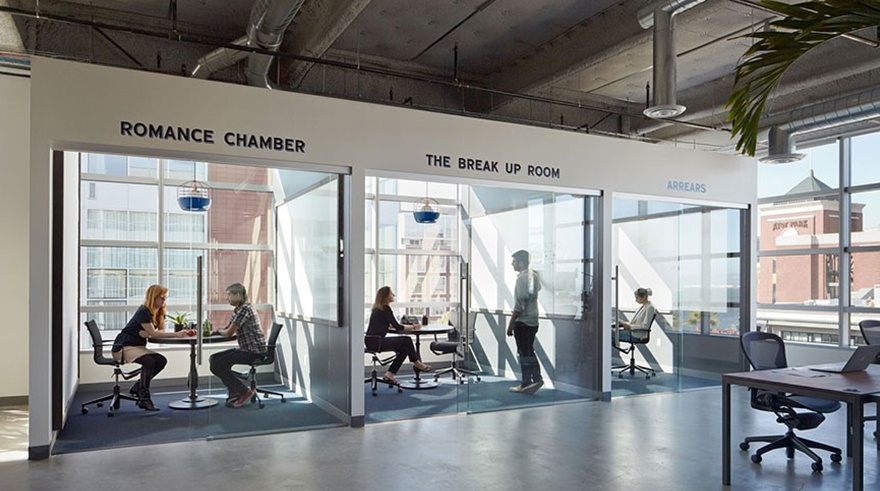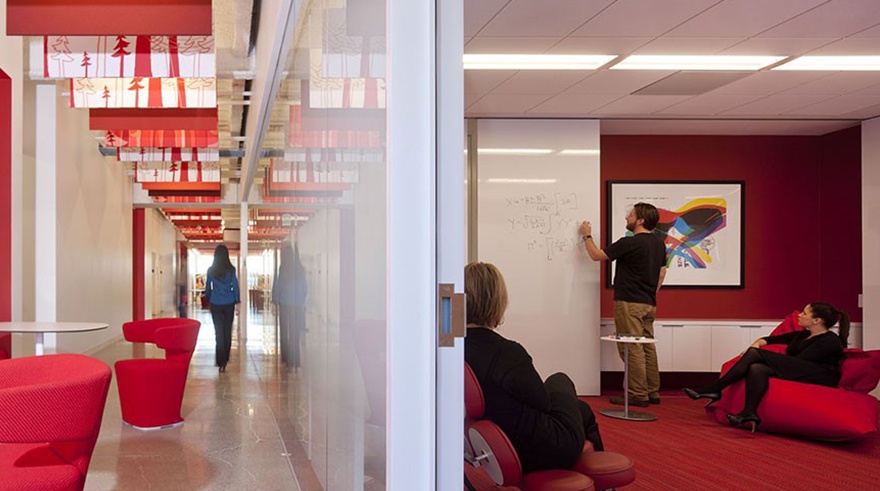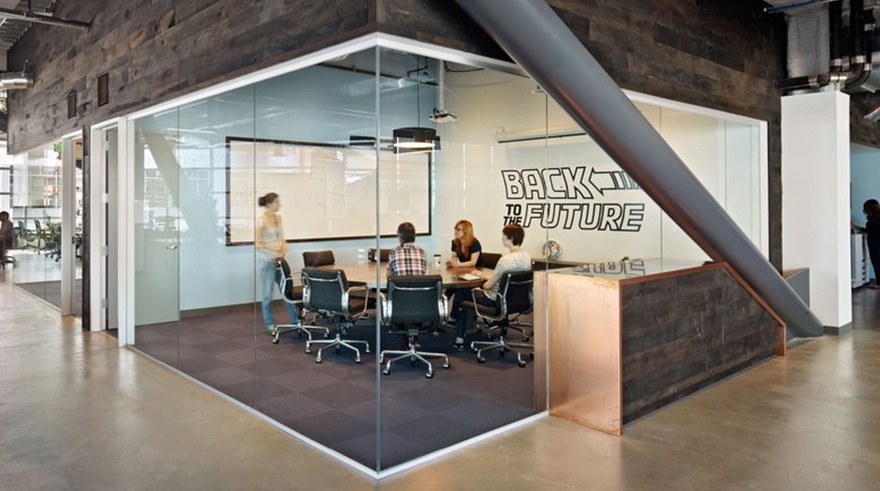This month, the CEO magazine features a great article from Giovanni Battista Pozza. He is one of the world’s leading expert on happiness at work and employee experience. Now, for those who are still skeptical in tying the words “happy” and “work” together, Giovanni’s philosophy is self-explanatory: his work focuses on driving organizations to the future and leading innovation by happiness. He helps people, startups and companies to grow, enrich and bring back humanity to the business. In a nutshell, he defends simplicity in life, agility at work, serendipity in experience and happiness in travel. It should be just as simple as that, in fact, the workplace should not be something that people dread every day but, instead, a place where they enjoy just as much as their homes or personal spaces. Right?

After all, what’s in a happy workplace? Is it the space, the colors, the light? Is it the company culture? Or maybe its people? Is it about perks, personal and professional growth or recognition? Probably it is about all of that and many, many others, and the trends that are shaping the future of work, workspaces and the wellbeing of employees can offer an interesting perspective on the matter. Giovanni approaches many of these trends (artificial intelligence, company culture, Big Data, etc.) but the one I found most interesting is the need to disconnect.

Disconnection is not a word we hear a lot these days, as it is a common belief that technology is making us more efficient. Multitasking, derived from technology, is a basic expectation in the office landscape - we are all required to do several things at once. What if actually it made us less efficient? Multitasking has been found to increase the production of the stress hormone cortisol as well as the fight-or-flight hormone adrenaline, both of which can over-stimulate the brain and cause mental fog or scrambled thinking. Moreover, multitasking creates a dopamine-addiction feedback loop, effectively rewarding the brain for losing focus and for constantly searching for external stimulation. So what can companies do to prevent that? Research shows it is essential for people’s wellbeing to log-off from technology once in a while. Disconnecting and going back to basics like whiteboarding ideas may actually improve creativity, focus and the relationships among employees. Dropbox’s “Back to the future” office space illustrates this philosophy perfectly. Leaders should be able to design places and occasions to disconnect and, more importantly, encourage and embrace the habit.

So, what’s in a happy workplace cake? Lots of ingredients, but opportunities to disconnect and go back to human to human interactions are definitely becoming a must! So why not a romance room? And a break-up space? And a humming room? And an arts & crafts space – why not?


.png)